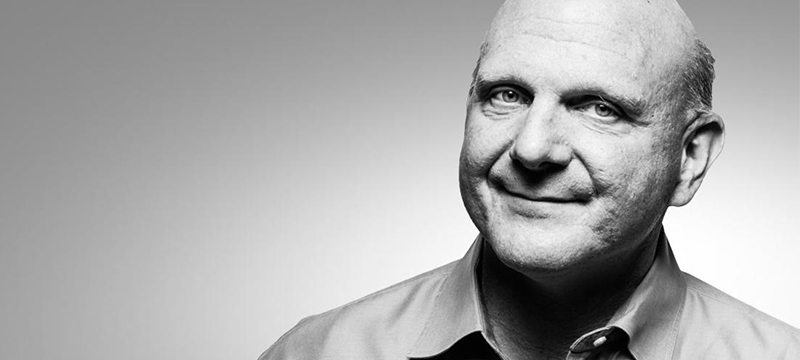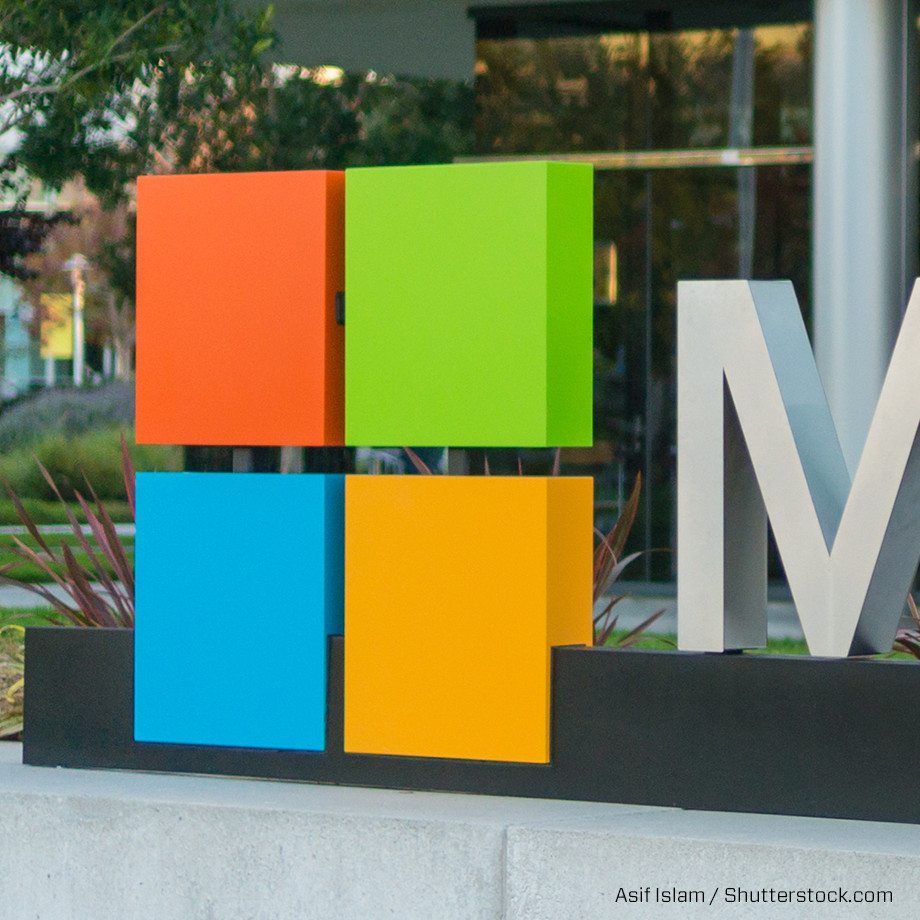A new brand study by Forrester Research seen in the January 8 issue of Computerworld, reports that Microsoft has recently come out on top in a poll of ten consumer technology firms. They are followed closely by Apple, Sony, and Samsung. This ranking surprised even the Forrester analysts who assumed Apple would be on top. With the struggles since Jobs’ death, and the perception that Apple is lagging behind Samsung in the innovation game, Microsoft was able to jump over its nemesis.
Forrester surveyed 4,500 adults in August 2013 and attributed Microsoft’s number one position to a higher score in what consumers deem to be essential to their everyday lives; Windows and Office are so much a part of the workspace allowing Microsoft to best Apple in this one critical category. Forrester states that Microsoft possesses “utilitarian essentiality, not the kind of emotional essentiality that Apple relies on.” This may have to do with a new strategic direction Microsoft has taken as part of a major restructuring of the company last year. Rather than continuing to predominantly support its products’ brands, they launched a campaign “One Microsoft” last year, “rallying behind a single strategy as one company—not a collection of divisional strategies.” With the departure of Steve Ballmer imminent, it will be interesting to follow if Microsoft’s CEO search choices reinforce their new brand position.
Microsoft has been looking for a new CEO ever since Steve Ballmer announced four months ago that he would retire in 2014. According to a report in the Motley Fool, the company has interviewed over 100 candidates, and while it had courted Ford CEO, Alan Mulally, he has recently taken his name out of consideration. This, according to a report on NPR’s All Tech Considered, is a major blow to the search team that has been looking for a more strategic, polished CEO to reflect where Microsoft is headed as a company rather than promoting a technologist from within its ranks. (By the way, for an amusing diversion, check out the polling at nextmicrosoftceo.com or place a bet on any of the offshore gambling houses that are making odds on who the next CEO will be.)

Every CEO should be the prime embodiment of the company brand. Successful CEOs like Bill Gates and Microsoft, or Steve Jobs and Apple, were able to make their own personas indistinguishable from their company’s brand, so much so, that the Microsoft brand was viewed as a technology brand with a strong overlay of “geek” compared to the ultra-hip design-focused aura of Apple (think Steve Jobs in a black turtleneck). These two charismatic leaders were the ultimate brand creators/ambassadors. So what happens when a company has to change CEOs? How does the loss of a visible CEO affect a brand? We have seen a drop in the Apple faithful with Tim Cook at the helm, and while Steve Ballmer made strides at Microsoft, he is no Bill Gates. Those CEOs who deign to act as brand ambassadors risk comments like those from Forrester analyst, Celia Stokes, “Brand is something Samsung should be thinking about, too. I am hard pressed to know what the Samsung brand actually stands for.”
With Microsoft failing in the tablet and the mobile phone space, and increasingly losing ground to alternative forms of computing, the company needs to regain a leadership position in the technology space. As this report noted, “…they’ve been missing a lot of the creative and innovative aspects that Microsoft has really kind of dominated at in the past. And they’ve become kind of a fast follower in the space.” Going down the same old path, promoting a CEO from within may not yield the kind of leader needed to change the course of this the tech giant.






